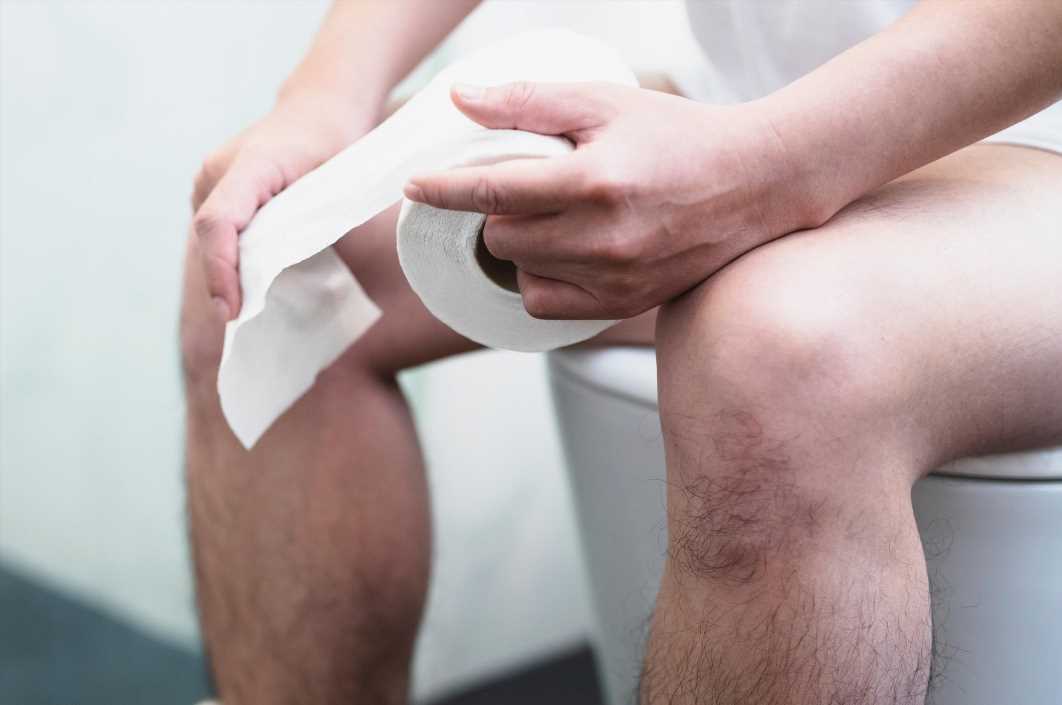PILES can be uncomfortable – but luckily there are a variety of treatments you can do from the comfort of your own home.
Most of the time, piles clear up all on their own – but if you develop an infection or have severe piles, you might have to get help from a medical professional.
What is piles?
Piles is where you get swollen blood vessels just inside your bottom (anus) which form lumps.
The medical term for piles is haemorrhoids.
If you notice any of these symptoms then you might have piles:
- Lumps around your bottom when you go to the toilet
- Pain where you poo
- Mucus coming out of your bottom
- Feeling like you still need to poo even after you have finished
- Bleeding from your bottom during or just after pooing
- Itching in your bottom
If you have a high fever with piles, or pus leaking from your bottom, you need medical attention right away.
What is the main cause of piles?
Doctors aren’t entirely sure why piles happen, but there are certain things that seem to put people at greater risk of getting it.
You may be more likely to get piles if:
- You are constipated or dehydrated
- You push too hard when you poo
- You spend a lot of time sitting and don’t exercise
- You do a lot of heavy lifting
- You are pregnant
How long does piles last?
Piles usually clears up in a couple of days on its own.
If it lasts longer than a few days, or you are in great discomfort, go to a pharmacy.
You can ask for a private conversation with a pharmacist if you don’t want to talk openly about your piles.
A pharmacist can give you creams for the discomfort and medicine to help with constipation.
If piles lasts longer than seven days, or keeps coming back, go to your GP.
How do I get rid of piles?
Piles often goes away on its own in a few days, but most people find it is very painful so there are things you can do to make yourself more comfortable.
If you have piles, or you get piles often, try to do these:
- Drink water and eat plenty of fibre, and avoid having too much caffeine
- Avoid pushing too hard when you poo
- Keep your bottom clean and dry, and be gentle as you wipe
- Use warm baths, cold or warm packs, or paracetamol, to help with pain and itching
- Exercise regularly, including walking
- Avoid codeine, it is constipating, and avoid ibuprofen if your piles bleed
People sometimes have to go to hospital to have piles treated. Surgery is sometimes needed, but is rare.
Source: Read Full Article






